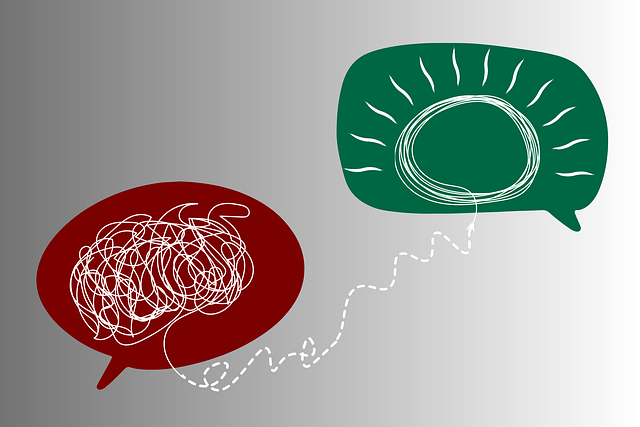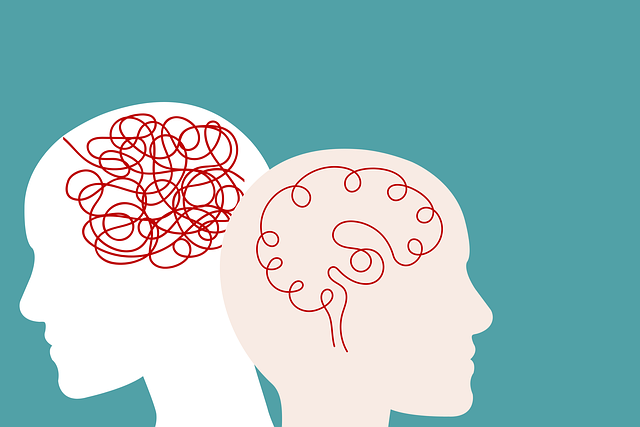Stress is a significant concern for teens, stemming from academic pressures, social media, and personal challenges, impacting their developing brains. Spiritual or religious beliefs can be powerful tools for stress reduction, with therapy focused on these issues providing resilience-building coping mechanisms tailored to each teen's background. Incorporating spiritual practices in therapy offers safe spaces to explore beliefs, improving self-esteem and overall well-being through techniques like rituals, meditation, and compassion cultivation. Social skills training within a spiritual context supports healthy relationships and mental health. Effective support for adolescents includes therapy addressing spiritual-religious issues alongside mental wellness, offering comprehensive coping strategies for stress management.
Stress reduction methods are crucial for adolescent well-being, especially with growing academic and social pressures. This article explores comprehensive strategies to alleviate stress among teens, focusing on understanding its profound impact on young minds. We delve into the effectiveness of therapeutic approaches tailored for adolescents while also examining spiritual and religious coping mechanisms that can provide solace. By addressing these aspects, we aim to equip parents and educators with valuable tools to support teen mental health, including exploring therapy options specifically designed for adolescent teens and delving into spiritual-religious issues as viable solutions.
- Understanding Stress and its Impact on Teens
- Exploring Spiritual and Religious Coping Mechanisms
- Therapeutic Approaches for Effective Stress Reduction in Adolescents
Understanding Stress and its Impact on Teens

Stress is a significant concern among teens today, often stemming from academic pressures, social media influence, and various personal challenges. Adolescent brains are still developing, making them more susceptible to the long-term effects of chronic stress. This can lead to issues such as anxiety, depression, and difficulties in emotional regulation. Recognizing and understanding these struggles is crucial in providing effective support for teen well-being.
The impact of stress on teens is multifaceted. It can manifest as irritability, changes in appetite, sleep disturbances, and even physical symptoms like headaches or stomach aches. Spiritual or religious beliefs can play a pivotal role in stress reduction for some adolescents. Therapy focused on spiritual-religious issues offers a unique approach to building resilience, teaching conflict resolution techniques, and fostering healthy coping mechanisms. Healthcare providers with cultural competency training are better equipped to address these concerns, offering tailored support that considers the individual’s background and personal beliefs.
Exploring Spiritual and Religious Coping Mechanisms

Many adolescents and teens find solace and stress reduction through spiritual or religious coping mechanisms. These practices offer a unique perspective on managing emotions and can be particularly beneficial for those struggling with difficult life circumstances. Therapy that incorporates spiritual-religious issues can provide a safe space to explore these beliefs, fostering self-esteem improvement and enhancing overall well-being.
Religious or spiritual rituals, meditation, and prayers are common techniques that help individuals find inner peace and cope with stress. Compassion cultivation practices have also gained popularity as an effective way to promote empathy and reduce negative thoughts. Social skills training within a spiritual context can further support teens in building healthy relationships and improving their overall mental health.
Therapeutic Approaches for Effective Stress Reduction in Adolescents

Adolescents facing stress can benefit from various therapeutic approaches tailored to their unique needs. One effective method is mental wellness journaling, where teens express their thoughts and emotions in a safe, private space. This practice not only helps identify stressors but also fosters self-awareness and coping skills development. Encouraging adolescents to engage in regular exercise guidance can significantly enhance stress reduction methods. Physical activity releases endorphins, which act as natural mood elevators, promoting mental wellness.
Additionally, incorporating spiritual or religious practices into therapy can be beneficial for teens dealing with spiritual-religious issues. These practices provide a sense of purpose and connection, aiding in stress management. Through coping skills development sessions, adolescents learn practical strategies to navigate challenging situations, leading to improved resilience against stress.
In conclusion, effectively managing stress among adolescent teens involves a holistic approach that considers both psychological and spiritual-religious aspects. Understanding the profound impact of stress on their lives is the first step towards implementing strategies such as therapeutic interventions tailored to their unique needs. By exploring spiritual and religious coping mechanisms alongside evidence-based therapeutic approaches, parents, caregivers, and educators can empower teens with sustainable tools for stress reduction, fostering healthier and more resilient adolescents.












